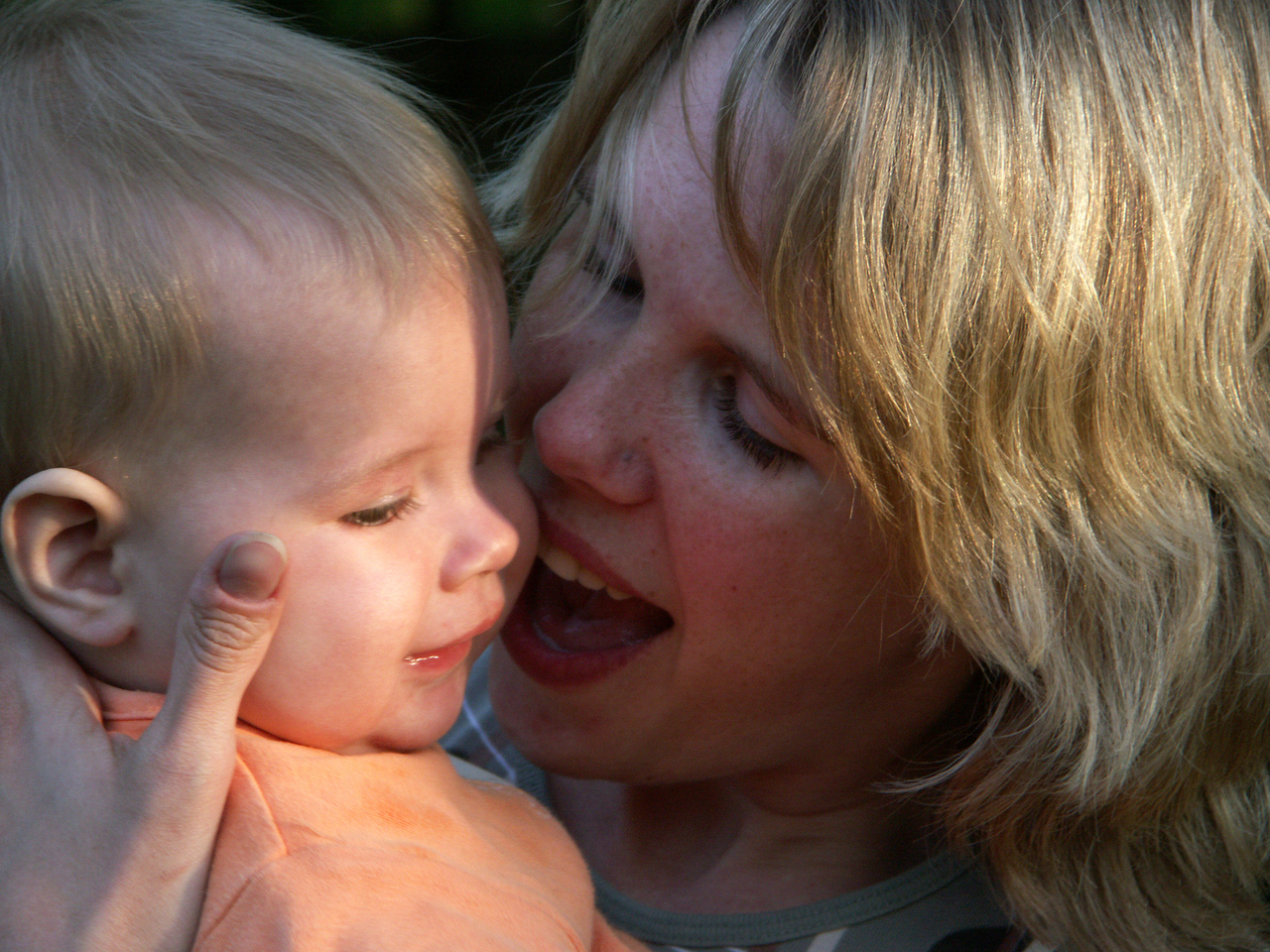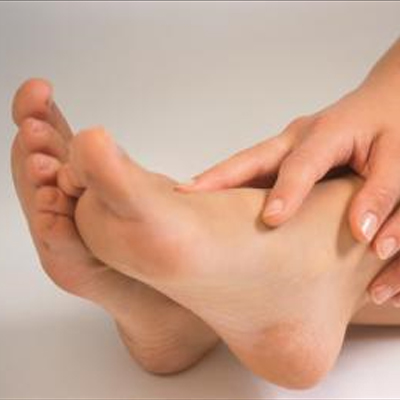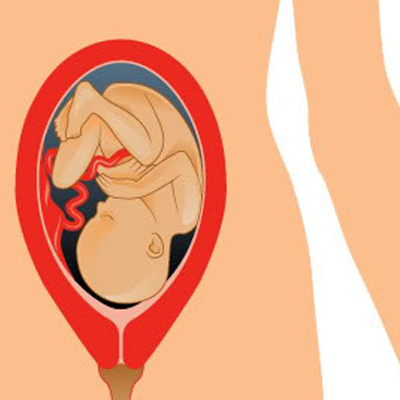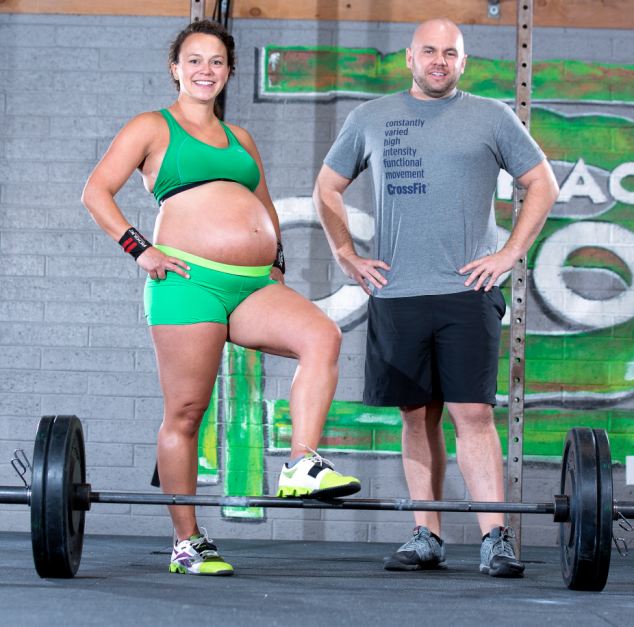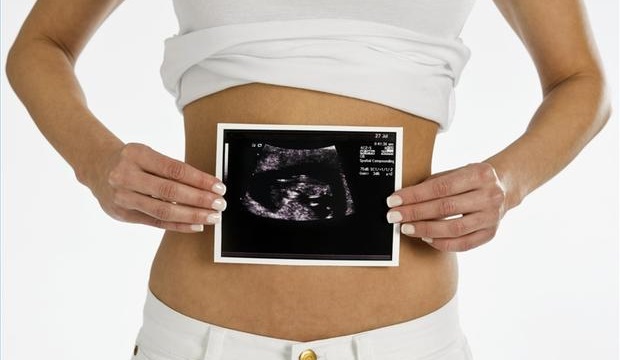10 Ways To Eat Healthy While Breastfeeding
It’s easy to let your eating get off-track when you’re a new mom. You’re so strapped for time, you don’t have five minutes to do dishes, let alone a distraction-free hour to prepare something healthy to go on to those dishes. But don’t fall into the trap of letting your health take a backseat to everything else going on. After all, your body’s healing from childbirth, you need energy to keep up with baby, and you’re probably looking to get back into pre-pregnancy shape.
1.Find the right balance:
The ideal breastfeeding diet isn’t complicated, and there isn’t some magic eating plan that’s going to help you make better milk for baby. In fact, you’re probably already making high-quality milk, no matter your diet. (Good news, ay?) “There’s no need to make a big deal out of your diet while breastfeeding,” says Gay Bearzi, RN, IBCLC, a lactation consultant at Sinai Hospital in Baltimore. Really, a nursing mom’s ideal eating plan mirrors the healthy diet that’s recommended for most adults — one that’s well balanced and gives you the vitamins, nutrition and energy you need to survive sleepless nights and long crying spells (we mean the baby, not you — well, usually). Eat a wide variety of healthy foods, including lean proteins, complex carbohydrates, fruits and veggies.
2.Go natural:
“Stay away from fast food or pre-packaged items,” Bearzi says. Instead, fuel up with natural foods, since they tend to pack more nutrition and fewer empty calories than the processed stuff. Reach for cut-up veggies instead of veggie crisps. Eat natural steel-cut oats instead of boxed breakfast cereal. Eat real cow’s or goat’s milk cheese instead of processed cheese slices. And drink water, milk or 100 percent natural fruit juice instead of sports drinks and soda.
3.Forget counting calories:
Think you have to eat a ton of extra food to breastfeed? Nope. “The myth was that you had to increase your calorie intake 500 calories per day to make milk, but we’re learning you don’t have to eat that much,” says Bearzi. That’s because a woman’s body lays down fat stores during pregnancy, and draws from those fat stores to provide extra energy (calories) to fuel milk production. In other words, gaining weight during pregnancy was nature’s way of making sure baby would have enough to eat, and breastfeeding is nature’s way of dropping that weight. (Yay!) Just eat (healthily, of course) when you’re hungry, stop when you’re full, and don’t stress about calories.
4.Keep taking your prenatal vitamin and calcium:
Even though you’re not pregnant any more, most doctors recommend taking prenatal vitamins after birth, too. That’s because when you’re sleep deprived, you’re likely to reach for simple, starchy carbs and other junk, instead of the complex carbs and fruits and veggies that are cornerstones of a good diet. Taking a vitamin helps make sure you get all the nutrients your 3 a.m. snack could be lacking.
Prenatal vitamins are more desirable than regular multivitamins because they’re high in folic acid, which some breastfeeding moms lack. They also usually have higher calcium levels than multis do (which brings us to our next point!).
No, you don’t have do drink cow’s milk to make breast milk, but it’s really important that breastfeeding moms get plenty of calcium. This isn’t so much for baby’s health; it’s to protect your bone health. Studies have shown that moms tend to lose bone mass (and calcium) while they’re breastfeeding. And while most moms regain that bone mass within six months of weaning, a mom who doesn’t get enough calcium in her diet may not fully regain it. If you’re not a milk drinker, have yogurt, cheese, ground sesame seeds or deep, leafy greens instead — they're all good sources of calcium. Aim for about 1000 mg of calcium per day.
5.Drink lots (and lots) of water:
You’ll probably feel thirstier than usual while breastfeeding — don't ignore your body reminding you to drink up. You don’t need to obsessively track glasses of water, but you should drink every time you feel thirsty, Bearzi says. “Make sure you have a glass of water or juice near you all day long,” she says, so you don’t get dehydrated.
6.Watch the alcohol intake:
We know you went nine months without drinking alcohol, so it’s nice to be able to have wine and beer again. And a little is perfectly okay. “One glass here or there is not going to harm the baby or the mom,” Bearzi says. “No more than one glass, and not every night, but once in a while.” If you do slip and have more than one drink, wait until the alcohol leaves your system completely before breastfeeding your baby.
7.Find shortcuts and quick fixes:
It’s tempting to raid the potato chip bag or to order a greasy pizza when you’re time-crunched and starving, so use a little creativity to make sure there are good-for-you options on hand at all times. “Have healthy, favorite snack foods, like cut-up carrots or lean chicken, ready in the fridge, so you can just grab them when you’re hungry. “When family members ask, ‘What can I do?’ ask them to cook something for you,” Bearzi says.
Retrieved From: http://goo.gl/CWsoJa
It’s easy to let your eating get off-track when you’re a new mom. You’re so strapped for time, you don’t have five minutes to do dishes, let alone a distraction-free hour to prepare something healthy to go on to those dishes. But don’t fall into the trap of letting your health take a backseat to everything else going on. After all, your body’s healing from childbirth, you need energy to keep up with baby, and you’re probably looking to get back into pre-pregnancy shape.
1.Find the right balance:The ideal breastfeeding diet isn’t complicated, and there isn’t some magic eating plan that’s going to help you make better milk for baby. In fact, you’re probably already making high-quality milk, no matter your diet. (Good news, ay?) “There’s no need to make a big deal out of your diet while breastfeeding,” says Gay Bearzi, RN, IBCLC, a lactation consultant at Sinai Hospital in Baltimore. Really, a nursing mom’s ideal eating plan mirrors the healthy diet that’s recommended for most adults — one that’s well balanced and gives you the vitamins, nutrition and energy you need to survive sleepless nights and long crying spells (we mean the baby, not you — well, usually). Eat a wide variety of healthy foods, including lean proteins, complex carbohydrates, fruits and veggies. 2.Go natural:“Stay away from fast food or pre-packaged items,” Bearzi says. Instead, fuel up with natural foods, since they tend to pack more nutrition and fewer empty calories than the processed stuff. Reach for cut-up veggies instead of veggie crisps. Eat natural steel-cut oats instead of boxed breakfast cereal. Eat real cow’s or goat’s milk cheese instead of processed cheese slices. And drink water, milk or 100 percent natural fruit juice instead of sports drinks and soda. 3.Forget counting calories:Think you have to eat a ton of extra food to breastfeed? Nope. “The myth was that you had to increase your calorie intake 500 calories per day to make milk, but we’re learning you don’t have to eat that much,” says Bearzi. That’s because a woman’s body lays down fat stores during pregnancy, and draws from those fat stores to provide extra energy (calories) to fuel milk production. In other words, gaining weight during pregnancy was nature’s way of making sure baby would have enough to eat, and breastfeeding is nature’s way of dropping that weight. (Yay!) Just eat (healthily, of course) when you’re hungry, stop when you’re full, and don’t stress about calories. 4.Keep taking your prenatal vitamin and calcium:Even though you’re not pregnant any more, most doctors recommend taking prenatal vitamins after birth, too. That’s because when you’re sleep deprived, you’re likely to reach for simple, starchy carbs and other junk, instead of the complex carbs and fruits and veggies that are cornerstones of a good diet. Taking a vitamin helps make sure you get all the nutrients your 3 a.m. snack could be lacking.Prenatal vitamins are more desirable than regular multivitamins because they’re high in folic acid, which some breastfeeding moms lack. They also usually have higher calcium levels than multis do (which brings us to our next point!).No, you don’t have do drink cow’s milk to make breast milk, but it’s really important that breastfeeding moms get plenty of calcium. This isn’t so much for baby’s health; it’s to protect your bone health. Studies have shown that moms tend to lose bone mass (and calcium) while they’re breastfeeding. And while most moms regain that bone mass within six months of weaning, a mom who doesn’t get enough calcium in her diet may not fully regain it. If you’re not a milk drinker, have yogurt, cheese, ground sesame seeds or deep, leafy greens instead — they're all good sources of calcium. Aim for about 1000 mg of calcium per day. 5.Drink lots (and lots) of water:You’ll probably feel thirstier than usual while breastfeeding — don't ignore your body reminding you to drink up. You don’t need to obsessively track glasses of water, but you should drink every time you feel thirsty, Bearzi says. “Make sure you have a glass of water or juice near you all day long,” she says, so you don’t get dehydrated. 6.Watch the alcohol intake:We know you went nine months without drinking alcohol, so it’s nice to be able to have wine and beer again. And a little is perfectly okay. “One glass here or there is not going to harm the baby or the mom,” Bearzi says. “No more than one glass, and not every night, but once in a while.” If you do slip and have more than one drink, wait until the alcohol leaves your system completely before breastfeeding your baby. 7.Find shortcuts and quick fixes:It’s tempting to raid the potato chip bag or to order a greasy pizza when you’re time-crunched and starving, so use a little creativity to make sure there are good-for-you options on hand at all times. “Have healthy, favorite snack foods, like cut-up carrots or lean chicken, ready in the fridge, so you can just grab them when you’re hungry. “When family members ask, ‘What can I do?’ ask them to cook something for you,” Bearzi says. Retrieved From: http://goo.gl/CWsoJa
|
|





